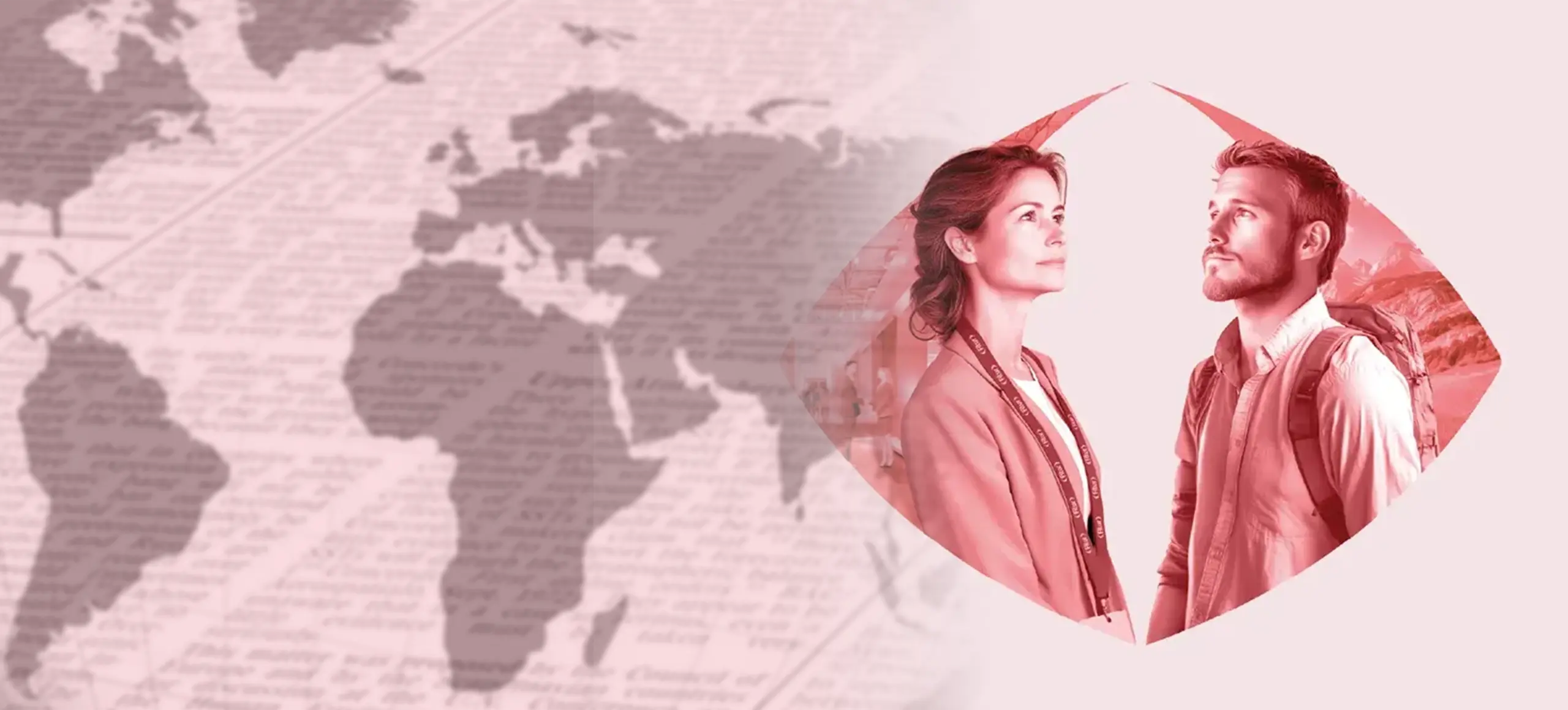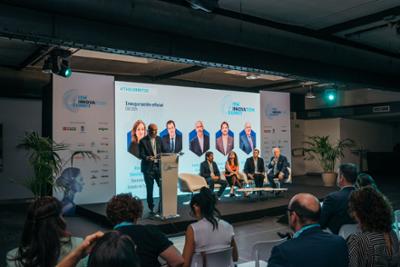

Public decision-makers are committed to the digitalisation of the tourism sector
"The digitalisation of the tourism industry is unstoppable," said Rosario Sánchez Grau, Secretary of State for Tourism, at the ITH Innovation Summit 2025.
Luis Martín Izquierdo, Deputy Minister of Culture, Tourism, and Sports of the Community of Madrid, pointed out that "destinations and companies need to continue to advance in value propositions, for which technology is an essential element".
Héctor Coronel, Director of Tourism at Madrid City Council, stated that "there is no future for tourism without innovation and there is no innovation without sustainability".
The experts at the ITH Innovation Summit 2025 agreed on the necessary coexistence between the development of artificial intelligence (AI), data segmentation and personalisation, elements that will mark the future of tourism. The event addressed topics as wide-ranging and varied as the digitalisation of hotel management, luxury tourism and the impact of technology on customer experience. Among the participants, the Secretary of State for Tourism, Rosario Sánchez Grau, said she was convinced that "the digitisation of the tourism sector is unstoppable" and called for public-private collaboration in the development of innovative initiatives to increase business efficiency and the role of the administration in the digitisation of destinations.
For his part, Luis Martín Izquierdo, Deputy Minister of Tourism, Culture and Sport of the Community of Madrid, commented that "destinations and companies need to continue to advance in value propositions, for which technology is an essential element". While Héctor Coronel, director of Tourism at Madrid City Council, stated that "there is no future for tourism without innovation and there is no innovation without sustainability".
AI and profitability
Gabriel García Alonso, president of the Madrid Hotel Business Association (AEHM), stressed that "artificial intelligence (AI), data analysis, automation and tools that personalise services are very effective in making the customer experience in our establishments more profitable".
At a round table on 'The hotel of the future: technology, design and innovation in the new era', the director of Tourism Innovation Invat-tur-Turisme of the Valencian Community, Olivia Estrella, highlighted the importance of innovation and explained that, with 115 destinations in the Valencian Community, this element represents a very powerful tool to be able to "exchange data between municipalities".
In this regard, the director of Digital Transformation at Paradores de Turismo, Erik Burghard, pointed out that one of their main objectives is to work on customer security and peace of mind, something for which it is essential to store data in a safe place.
In the debate 'I don't want AI and Big Data to decide where I go to sleep. How to regain control with Hotel Intelligence', all the speakers agreed that AI is here to assist the industry and is capable of facilitating the daily lives of guests and employees. However, they also stressed that it is a means, not an end, so companies should have a defined roadmap and, from there, choose the technology that fits best. Luis González, partner in Artificial Intelligence at the consulting firm Deloitte, highlighted the importance of maintaining constant monitoring mechanisms and real-time metrics. In addition, he also commented that we are still in a learning phase where there is a shortage of trained talent.
The forum also highlighted the importance of promoting sustainability and implementing robotic solutions designed to meet the specific needs of each hotel, with a prior analysis to determine where technology can add value and where people are essential.





